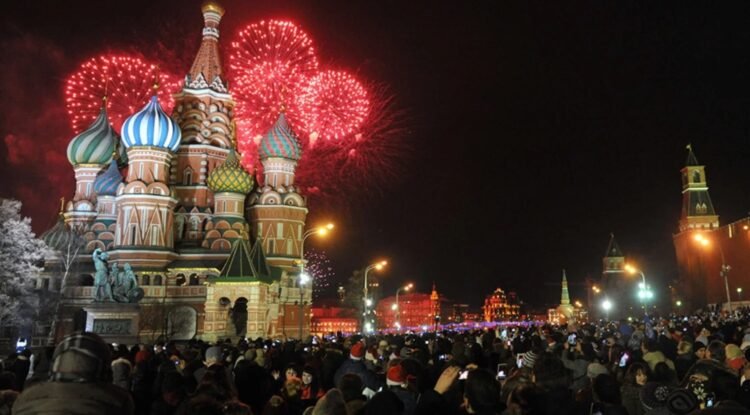While much of the world celebrates Christmas on December 25, Russians observe this festive holiday on January 7. This difference is rooted in the distinct calendars and rich traditions that shape the Russian celebration of Christmas.
Christmas in Russia is a deeply spiritual and cultural event, celebrated with unique customs and religious practices. Unlike the Western tradition of celebrating Christmas on December 25, Russians follow the Julian calendar, which marks Christmas Day on January 7. This article explores the reasons behind this date, the traditions associated with Russian Christmas, and the ways in which the holiday is celebrated across the country.
The Julian Calendar: A Historical Perspective
The primary reason Russians celebrate Christmas on January 7 lies in the use of the Julian calendar by the Russian Orthodox Church. When Pope Gregory XIII introduced the Gregorian calendar in 1582, many Eastern Orthodox churches, including the Russian Orthodox Church, continued to follow the older Julian calendar. As a result, the dates of various religious holidays, including Christmas, differ from those observed in Western Christian traditions.
Traditional Celebrations and Customs
Christmas Eve: Sviatki and Holy Supper
Russian Christmas celebrations begin on January 6, Christmas Eve, known as Sviatki. On this day, families gather for the Holy Supper, a significant meal that traditionally includes 12 meatless dishes, symbolizing the 12 apostles. The meal often features dishes such as kutya (a sweet grain pudding), borscht, and various types of fish.
Church Services and Religious Practices
Attending church services is a central aspect of Russian Christmas. Many families participate in the All-Night Vigil on Christmas Eve, followed by the Divine Liturgy on Christmas Day. These services are marked by beautiful hymns, prayers, and the lighting of candles, creating a serene and reverent atmosphere.
Festive Celebrations
Ded Moroz and Snegurochka
In Russia, the figure of Ded Moroz (Grandfather Frost) and his granddaughter Snegurochka (the Snow Maiden) play a central role in holiday celebrations. Unlike Santa Claus, Ded Moroz delivers gifts to children on New Year’s Eve, and his presence extends into the Christmas festivities, bringing joy and excitement to the holiday season.
Community and Family Gatherings
Christmas in Russia is a time for family reunions and community celebrations. People visit each other’s homes, exchange gifts, and enjoy festive meals together. Traditional Russian foods, such as pirozhki (stuffed buns), blini (pancakes), and various pastries, are commonly shared during these gatherings.
You Learn
Russian Christmas, celebrated on January 7, is a unique blend of religious observance and cultural tradition. The use of the Julian calendar, rich customs, and deep-rooted religious practices make this holiday a special time for Russians. As families come together to celebrate, the spirit of Christmas is truly felt across the country, marking a time of joy, reflection, and unity.























